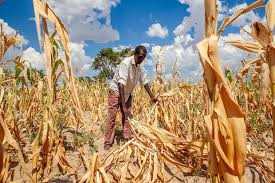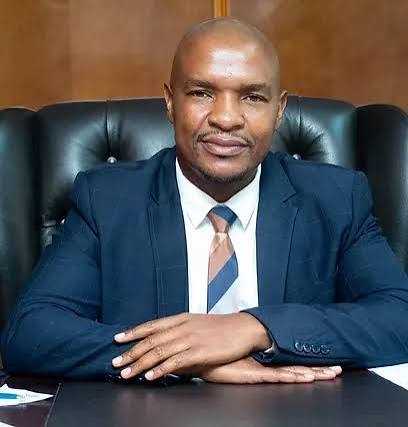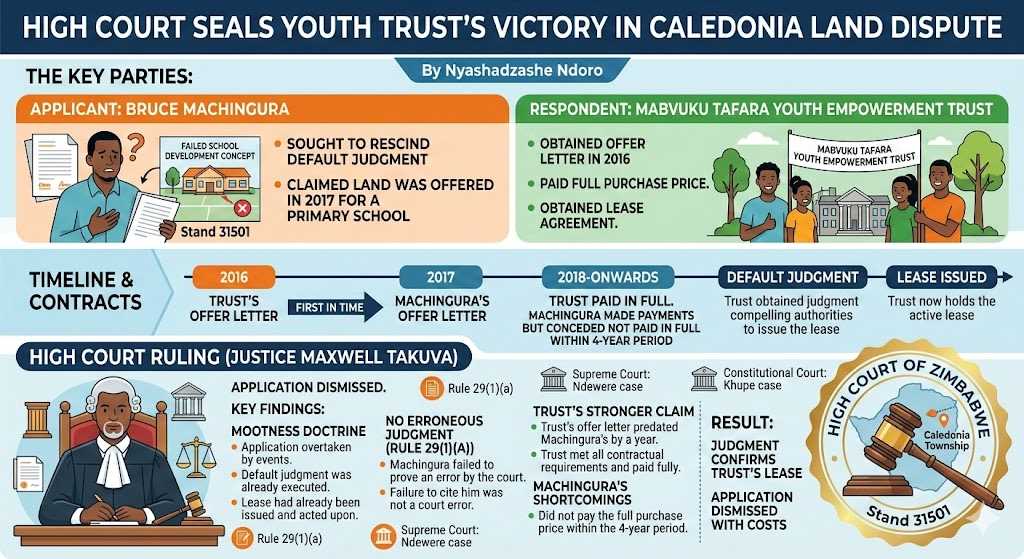
Philemon Jambaya
ASSISTANT EDITOR
The World Food Programme has emphasised the need for long-term solutions, stressing that investing in climate-resilient practices such as irrigation systems would empower communities to withstand future shocks.
This comes as millions across southern Africa face a devastating hunger crisis as a result of the obtaining El Niño weather phenomenon.
This natural warming of Pacific Ocean surface waters disrupts rainfall patterns, leading to extreme weather events like the severe drought currently gripping the region.
The WFP’s efforts to prepare for El Niño were hampered by a lack of funding earlier this year.
Dr Menghestab Haile, WFP Regional Director for Southern Africa, highlighted the disproportionate impact on women and girls. Women often travel long distances to secure food and firewood, while girls are forced to leave school to help their families.
Increased access to irrigation, as Dr. Haile emphasises, is crucial for long-term food security.
Michael Muchemwa, a 60-year-old farmer from Chipinge, Zimbabwe, exemplifies the crisis. His maize, sorghum, and groundnut have failed, leaving his family with bleak prospects until the next planting season. He faces the agonising choice of selling his livestock to buy food, knowing this will leave them even more vulnerable in the long run.
Muchemwa’s story is not unique. Across southern Africa, where 70% of the population relies on agriculture, the El Niño has caused widespread crop failures. Zimbabwe, Zambia, and Malawi are the hardest-hit countries, with estimates suggesting 40-80% maize harvest losses. These three nations have declared states of drought disaster, and nearly five million people require urgent humanitarian assistance. The Southern African Development Community estimates that 61 million people in the region are affected by El Niño. An Extraordinary Summit in May led to a US$5.5 billion appeal to address immediate needs. A UN-led event in Pretoria on June 5th aims to raise these critical funds.
Related Stories
El Niño events occur naturally every few years, but recent studies suggest global warming may be intensifying them. The current event is one of the strongest on record.
Muchemwa acknowledges the changing climate, stating: “Seeing this drought, it’s more than in previous years. "The World Food Programme has emphasised the need for long-term solutions, stressing that investing in climate-resilient practices such as irrigation systems would empower communities to withstand future shocks.
This comes as millions across southern Africa face a devastating hunger crisis as a result of the obtaining El Niño weather phenomenon.
This natural warming of Pacific Ocean surface waters disrupts rainfall patterns, leading to extreme weather events like the severe drought currently gripping the region.
The WFP’s efforts to prepare for El Niño were hampered by a lack of funding earlier this year.
Dr Menghestab Haile, WFP Regional Director for Southern Africa, highlighted the disproportionate impact on women and girls. Women often travel long distances to secure food and firewood, while girls are forced to leave school to help their families.
Increased access to irrigation, as Dr Haile emphasises, is crucial for long-term food security.
Michael Muchemwa, a 60-year-old farmer from Chipinge, Zimbabwe, exemplifies the crisis. His maize, sorghum, and groundnut have failed, leaving his family with bleak prospects until the next planting season. He faces the agonising choice of selling his livestock to buy food, knowing this will leave them even more vulnerable in the long run.
Muchemwa’s story is not unique. Across southern Africa, where 70% of the population relies on agriculture, the El Niño has caused widespread crop failures. Zimbabwe, Zambia, and Malawi are the hardest-hit countries, with estimates suggesting 40-80% maize harvest losses. These three nations have declared states of drought disaster, and nearly five million people require urgent humanitarian assistance. The Southern African Development Community estimates that 61 million people in the region are affected by El Niño. An Extraordinary Summit in May led to a US$5.5 billion appeal to address immediate needs. A UN-led event in Pretoria on June 5th aims to raise these critical funds.
El Niño events occur naturally every few years, but recent studies suggest global warming may be intensifying them. The current event is one of the strongest on record.
Muchemwa acknowledges the changing climate, stating: “Seeing this drought, it’s more than in previous years.”




















Leave Comments